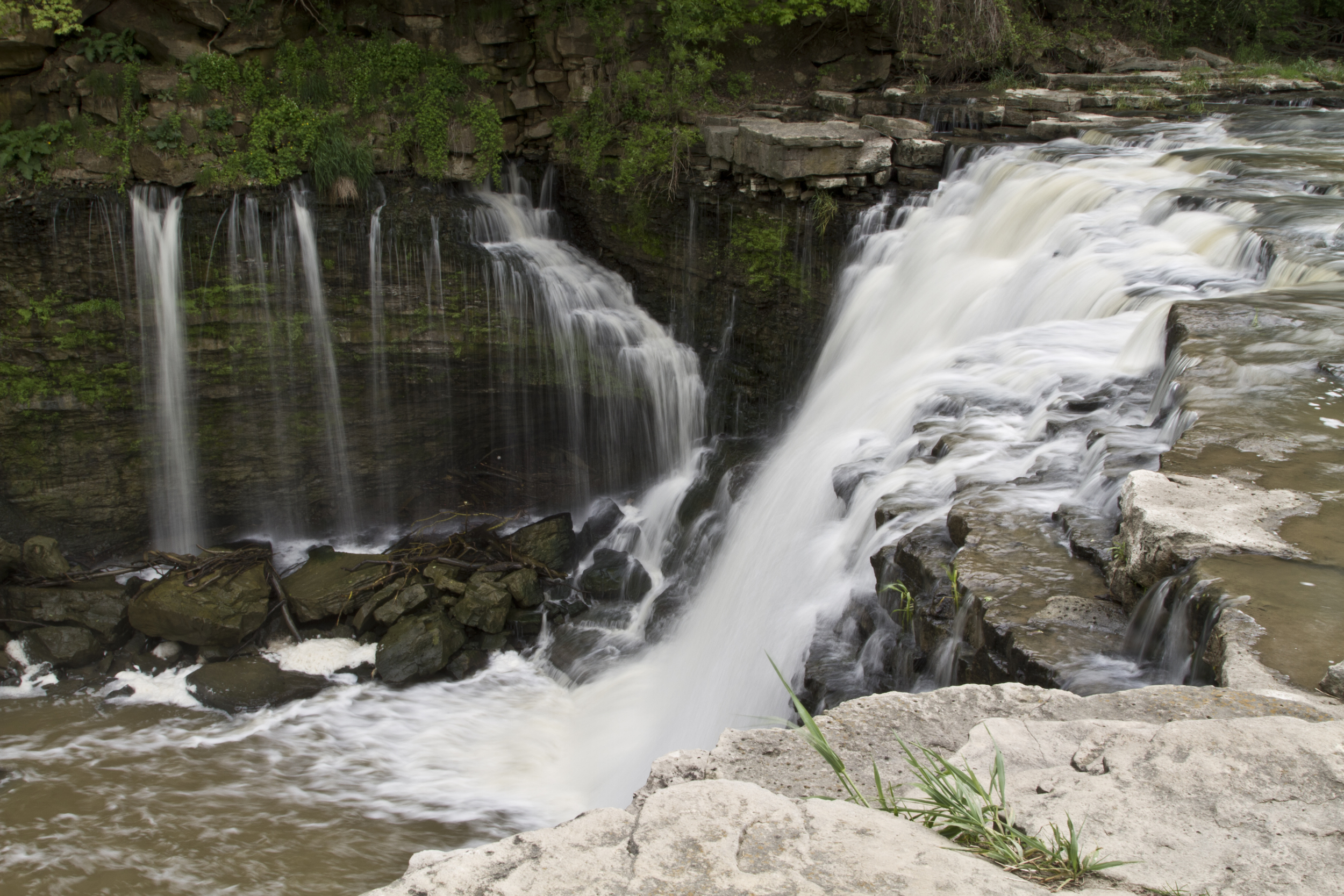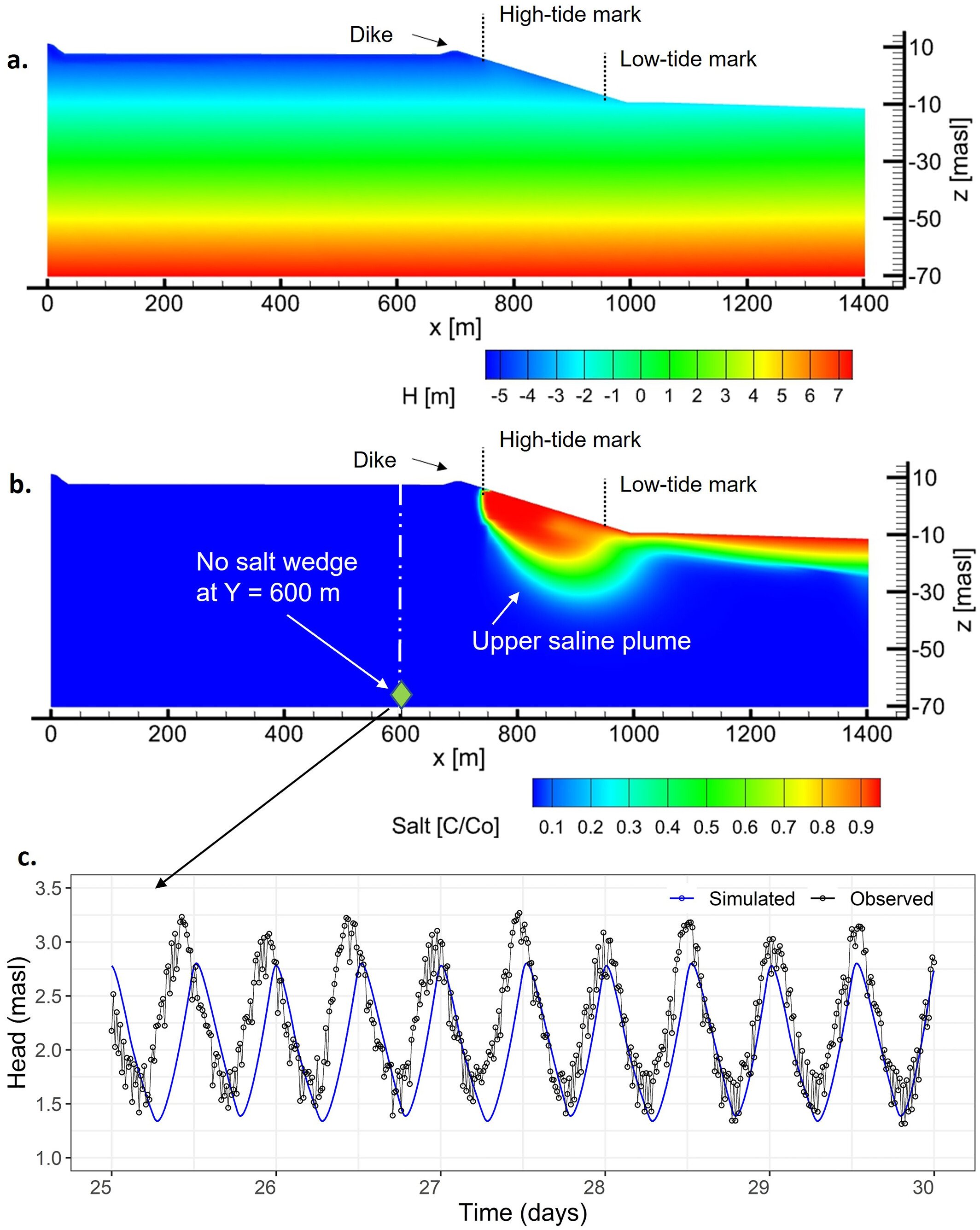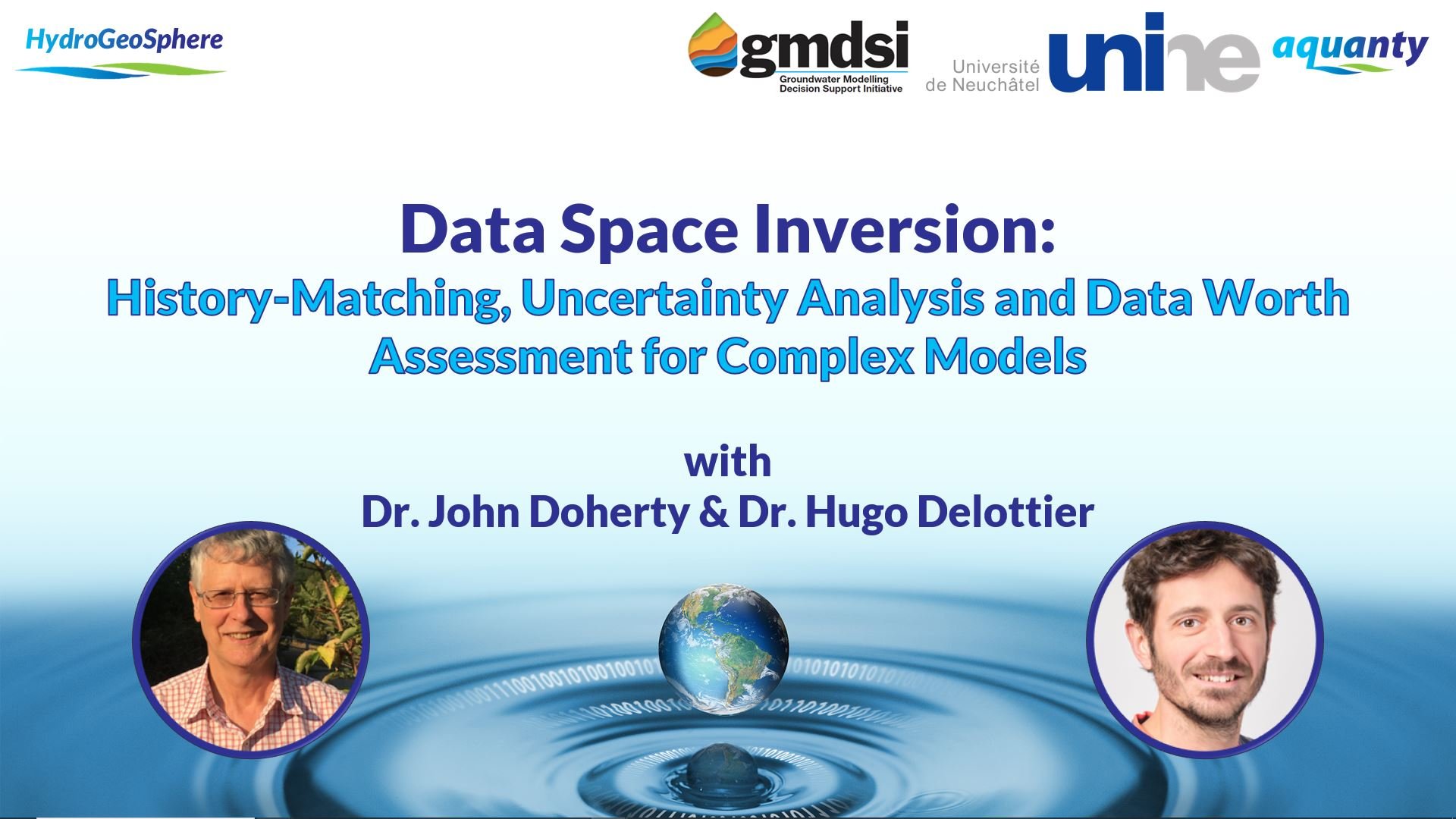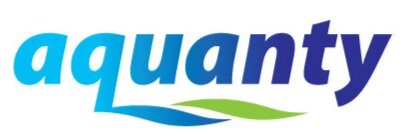

MFGA-Aquanty Forecast Tool - Grasslander Fall 2023
We are so glad to see that another issue of the Manitoba Forage and Grassland Association’s (MFGA) Grasslander has been published, providing a timely update on the ongoing work that the MFGA and Aquanty have been putting into the MFGA-Aquanty Forecasting Tool.

HGS RESEARCH HIGHLIGHT - Mega-Tidal and Surface Flooding Controls on Coastal Groundwater and Saltwater Intrusion Within Agricultural Dikelands
The study highlighted here makes full use of the density dependent flow modelling capabilities of HydroGeoSphere to investigate the impacts of climate change on groundwater-ocean interactions, and how sea-level rise, tides and storm-surges impact the long-term position of an upper saline plume in a coastal agricultural dikeland in Nova Scotia, Canada.



HGS RESEARCH HIGHLIGHT – Groundwater flow reversal between small water bodies and their adjoining aquifers: A numerical experiment
This recent study uses HydroGeoSphere to investigate groundwater-surface water interactions within “kettle holes” - post glacial landscape features prevalent across Northern Europe and Northern America. These kettle holes are quite similar to lakes, but their smaller size makes them prone to drying out, which results in very dynamic and variable groundwater-surface water interactions, sometimes being subject to groundwater flow reversal between a kettle hole and the adjacent aquifer.

HGS RESEARCH HIGHLIGHT – Evaluation of Hydraulic Conductivity Estimates from Various Approaches with Groundwater Flow Models
Over several decades a wide variety of techniques have been used to estimate the hydraulic flow properties of the subsurface. Here the authors have produced heterogeneous hydraulic conductivity (K) distributions at a heavily instrumented research site using 6 distinct techniques (slight variations in some tests resulted in 9 distinct K distributions):.

HydroGeoSphere Research Highlight - "Lateral and vertical saltwater intrusion into a coastal aquifer"
Climate change is projected to substantially increase the global mean sea level, which will adversely impact coastal communities worldwide.

